Using community gardens for insertion: an ideal way to fight exclusion
Insertion gardens are for people excluded from society or the workplace. They create a space where people can talk to each other, learn something new and even train for finding a job in green space maintenance. Community gardens for insertion are ideal for supporting social actions from which everyone can benefit. Here are some examples of how insertion gardens can be fruitful!

Insertion gardens are for people excluded from society or the workplace. They create a space where people can talk to each other, learn something new and even train for finding a job in green space maintenance. Community gardens for insertion are ideal for supporting social actions from which everyone can benefit. Here are some examples of how insertion gardens can be fruitful!

Rebuilding prisoners’ lives by prison gardening
Prisoner management and rehabilitation after release is a problem faced in all countries. Without a coherent strategy, many ex-convicts are marginalized by society after purging their sentence and become recidivists. California has a successful solution to this problem: the Insight Garden Program. IGP sees gardening as a means to reintegration. By letting prisoners create, manage and maintain their own green spaces, the program aims to achieve several objectives:
- Enhance cooperation between prisoners and prison staff to encourage positive socialization.
- Relieve prison-related stress and depression, like therapeutic gardens.
- Restore self-confidence through seeing the positive results of their work.
- Provide a training program that will help prisoners find a job in green space maintenance after their release.
And it works! The recidivist rate of prisoners who have been on the Insight Garden Program is under 10%, vs. an average 55% in the United States as a whole. Which saves the Prison Authorities around 40 million dollars! Other programs can then take over to accompany former prisoners throughout their rehabilitation period.
Fighting economic precarity
Several initiatives have been taken to help the homeless or people in great economic distress. In the French capital Paris, the Emmaüs Solidarité association has taken over an abandoned green space and converted it into a garden. It employs several homeless people for the maintenance of this green space thanks to the “First Hours” program financed by the Parisian public authorities. The Réseau Cocagne creates jobs in its many gardens and transmits know-how “hands-on” by growing fruits and vegetables the sale of which supports its work. If jobs are the undeniable economic goal of these initiatives, they also bring other benefits:
- Participants satisfy their fundamental need for social links and sharing tasks.
- They feel useful again and maybe discover unsuspected talents, improving their self-confidence and their capacity to face up to their everyday problems.
The actions of the Réseau Cocagne mean that today almost one participant in two finds a work contract or qualifies for vocational training.
Gardens have also made it possible for the City of Detroit to face its economic crisis
Prevent loneliness of disabled persons
The disabled persons are often forgotten in political projects and find it a struggle to take their rightful place in society, making them financially vulnerable too. In France, 1 million disabled people live below the poverty line (1). Lack of money often prevents them from taking part in activities which would keep them in touch with society.
Therapeutic and social community gardens are an ideal way to fight exclusion and afford maximum exposure to the many benefits of contacts with plants. However, most green spaces have a problem – adapting to all the different kinds of disability – but with some adjustments, insertion gardens can be made accessible to all! For example, pallets can be used to lift gardens to the height of people in wheelchairs. Gardens can also use scented plants for the visually impaired. The Spanish Huerta de Montecarmelo program has created insertion gardens entirely dedicated to the mentally disabled.
Fighting exclusion with insertion gardens gets convincing results with low investments. They are ideal for public and private authorities with the added benefit that these green spaces are good for everyone as they clean air pollution and provide organic food for residents!
(1) Secours populaire: Le handicap, un facteur d'exclusion
© Photo credit: Rawpixel.com / stock.adobe.com
